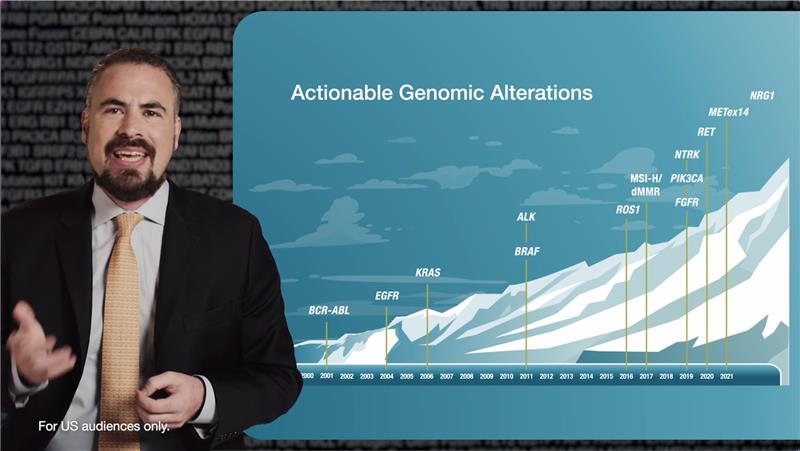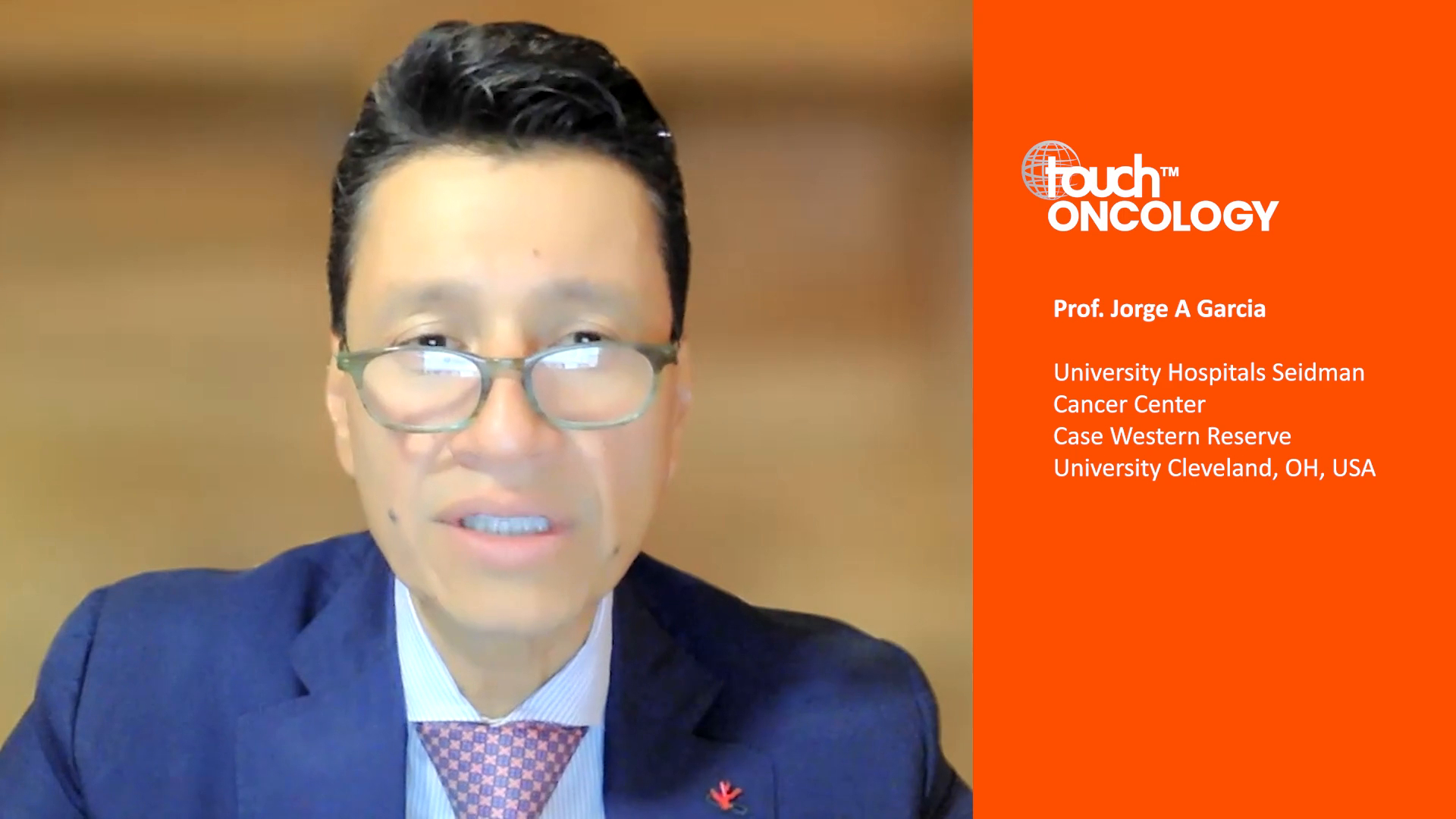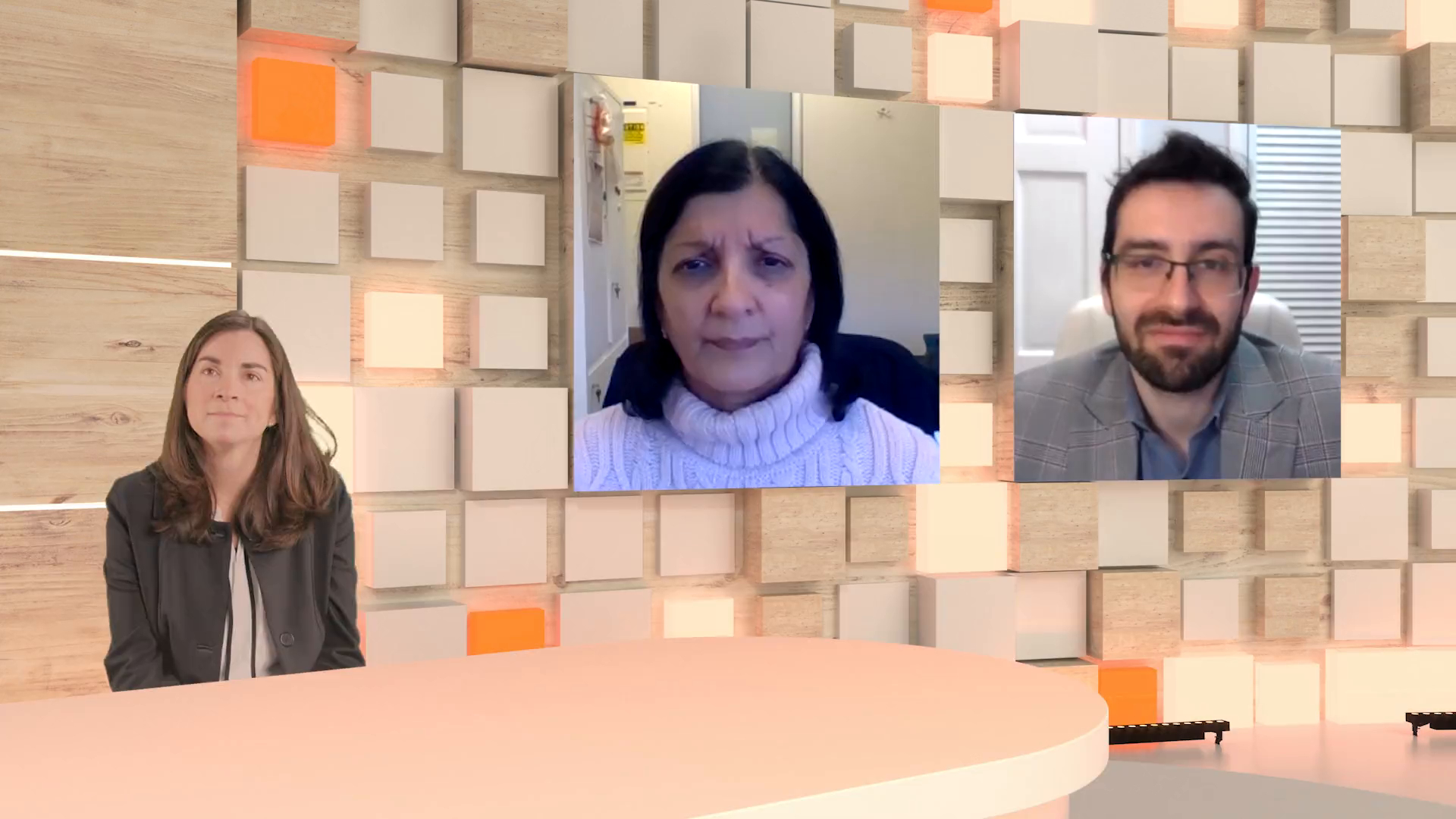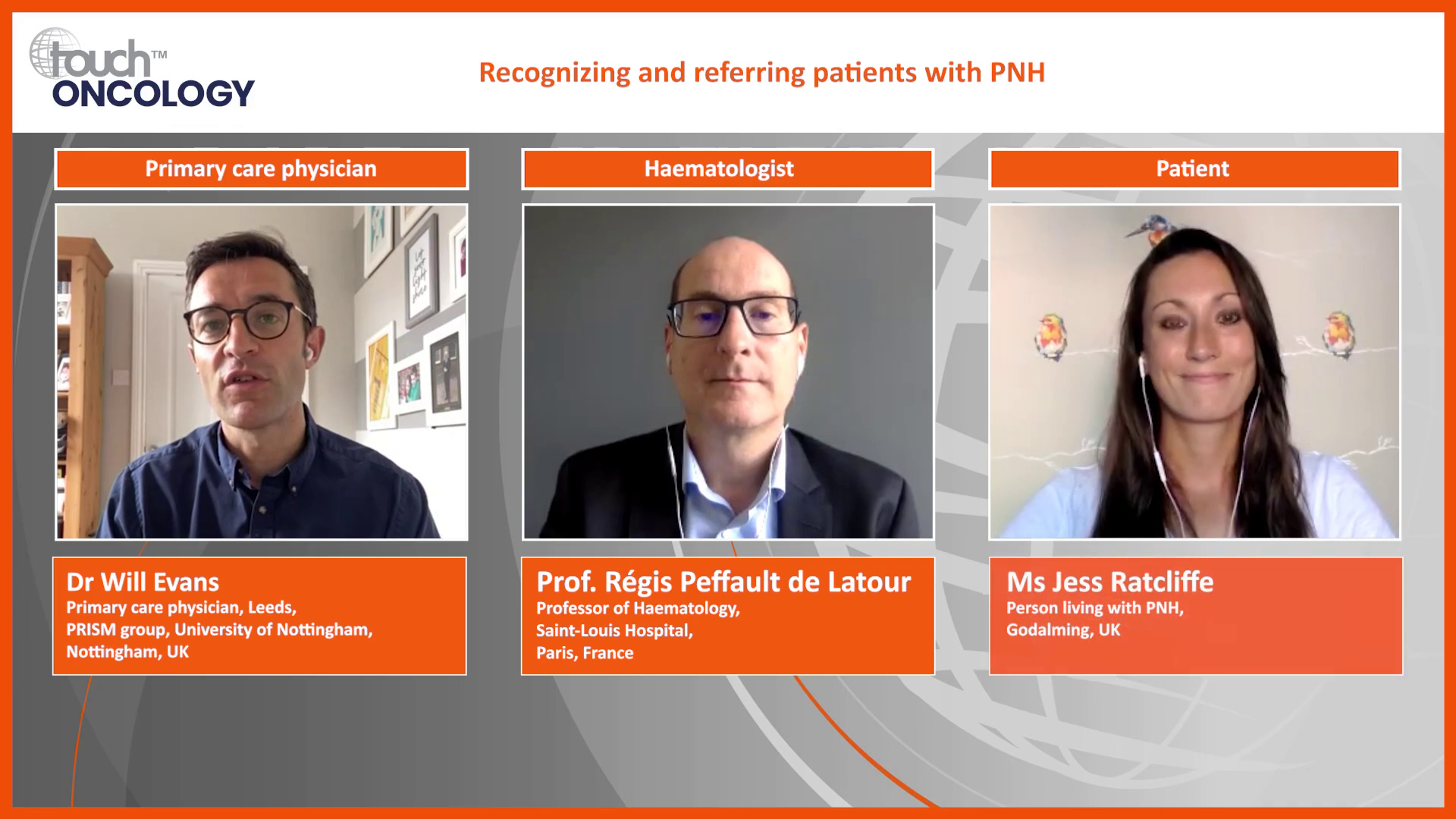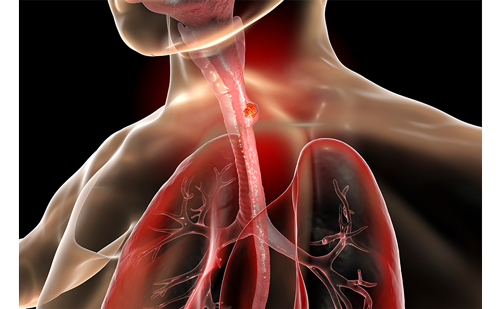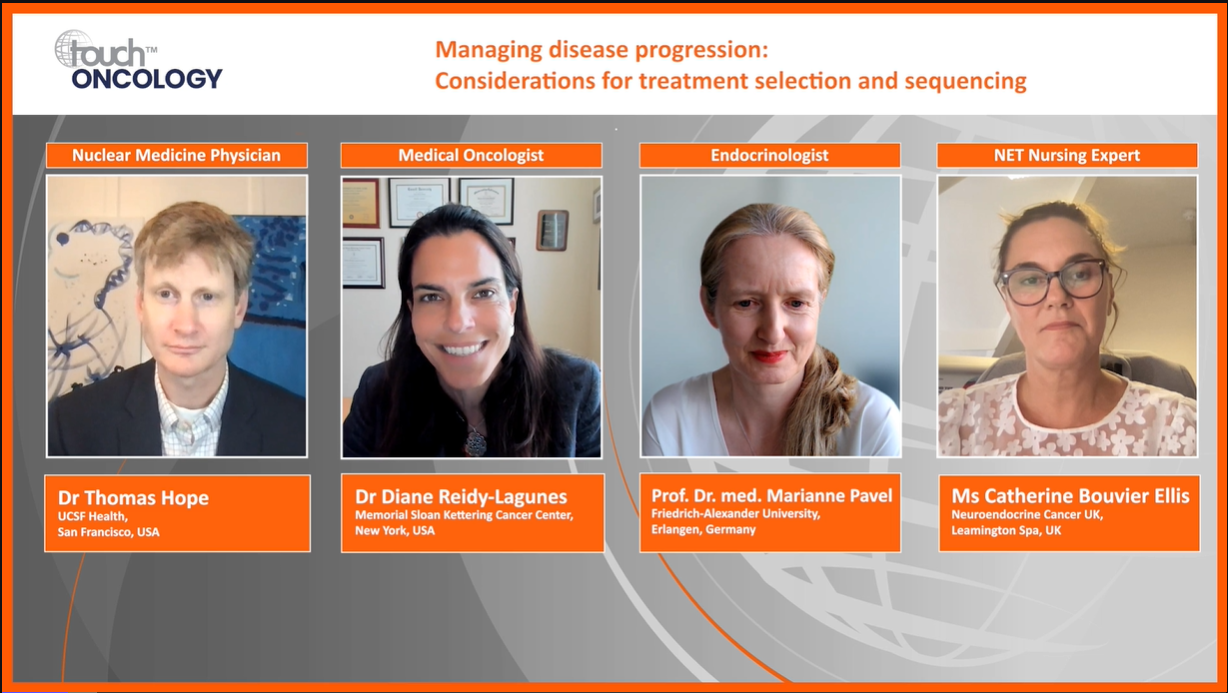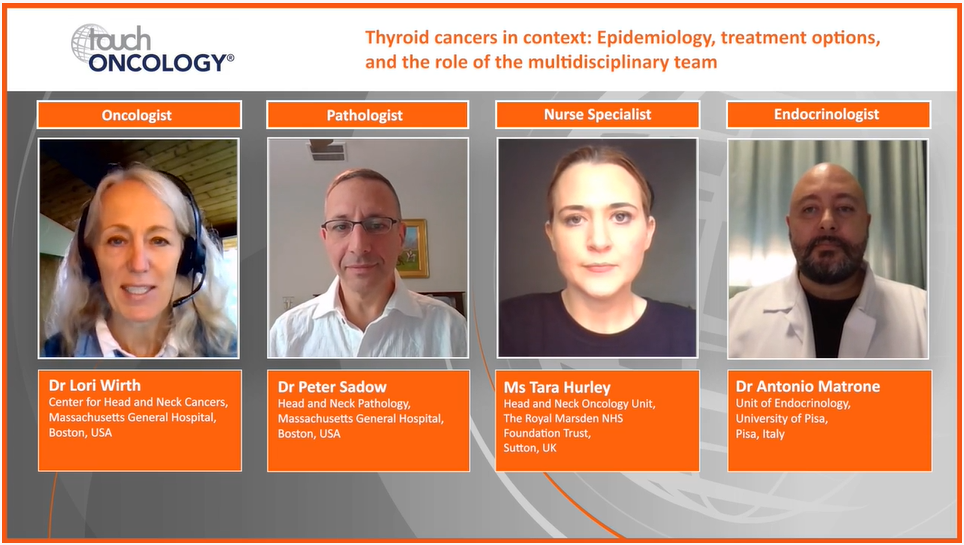Diagnostics and Screening
An Introduction to Diagnostics and Screening
Early detection of tumours is essential to increase the likelihood of complete remission. Screening strategies are not without risk; for example, mammography and prostate-specific antigen screening can lead to the detection of indolent lesions and subsequent overtreatment. Precision medicine has improved screening and diagnostic approaches; tumour-typing of breast tumours for oestrogen receptor, progesterone receptor, and human epidermal growth factor receptor 2 has informed treatment options. Many non-invasive diagnostic tools can be used directly at the point of care. It is hoped that advances in the genomic classification may lead to the identification of high-risk individuals in other types of cancer.
Browse our selection of video highlights and short articles from the conference hub, which provide insights into the latest updates from major conferences, and a collection of peer-reviewed articles from the journal portfolio. These are complemented by a range of educational activities from our expert faculty, with patient outcomes at the forefront.






